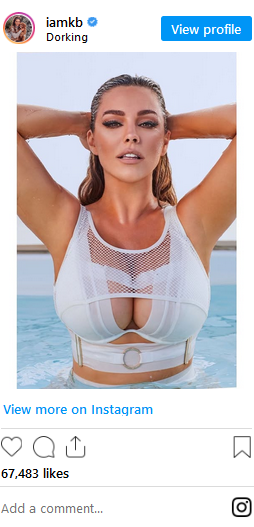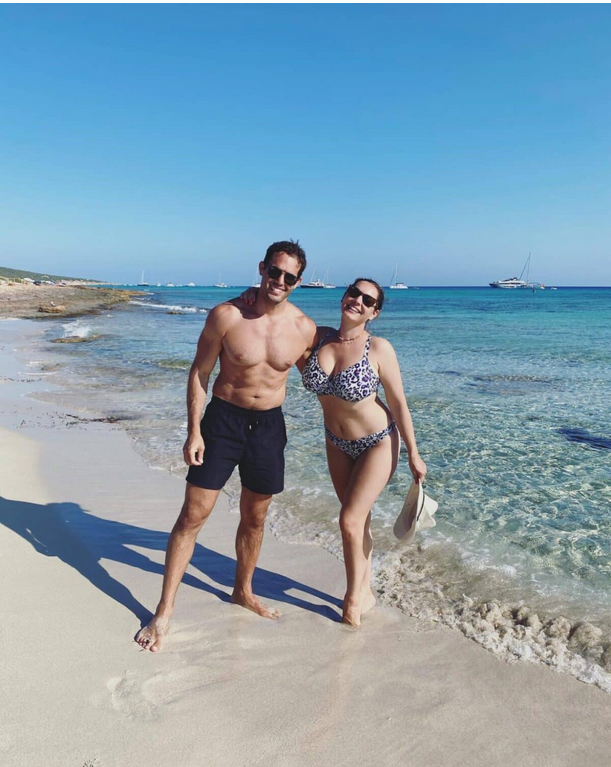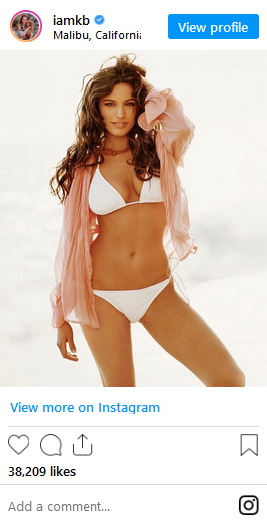This 43-year-old model has the “perfect body,” according to science, but wait until she turns

Unexpected Research Study Obstacles Traditional Beauty Standards Science frequently validates our preconceived notions, but every now and then it surprises us with novel discoveries that call into question accepted wisdom. The suggestion made by a recent scientific study that a 43-year-old model would have the “ideal figure” has drawn criticism. In this piece, we examine the study’s findings and the changing notions of beauty.

The Adaptable Ideal Body Type
The fashion business has historically valued exceptionally slender body types, which are personified by models with famous roles such as Kate Moss. The desire for an hourglass form has supplanted admiration for Marilyn Monroe’s voluptuous physique. But a recent, ground-breaking study from Texas University has called into doubt this well-established belief.
Accepting Curvier and Fuller Figures
According to the survey, women prefer “fuller” and “curvier” body types. 18.85 is the recommended body mass index (BMI), along with precise measurements for hips, waist, and bust size. It’s interesting to note that these characteristics closely resemble those of British model Kelly Brook, whose looks defy conventional notions of beauty.

Kelly Brook/Instagram
In the eyes of the beholder, beauty lies
It is important to recognize that everyone has different tastes in aesthetics and that beauty is a subjective concept. Although the study uses scientific evidence to identify a “ideal” body type, it does not discount other body forms as undesirable or unattractive. It just questions the widely held belief that the only way to be beautiful is to be slender.
Honoring Variety in Beauty
Understanding the difference in how people perceive attractiveness is very important in today’s world, where diversity is valued more and more. Trailblazers like Ashley Graham are prime examples of how the modeling business has progressively come to accept plus-size models. This kind of inclusivity shows how beautiful all body shapes can be and how they ought to be honored.
Thought-provoking conversations concerning attractiveness and social norms are sparked by the scientific study that questions traditional beauty standards. It defines a “ideal” body type, yet it does not take away from the beauty of various shapes. Accepting diversity in beauty encourages a more inclusive view of attractiveness and enables people to value their individuality. Let’s celebrate the various ways beauty appears in our world as we continue to progress.

Give Your Thoughts
What do you think about the study’s findings and the changing definitions of beauty? Participate in the discussion by leaving your thoughts in the comments area. Invite your loved ones to join you in this stimulating conversation!